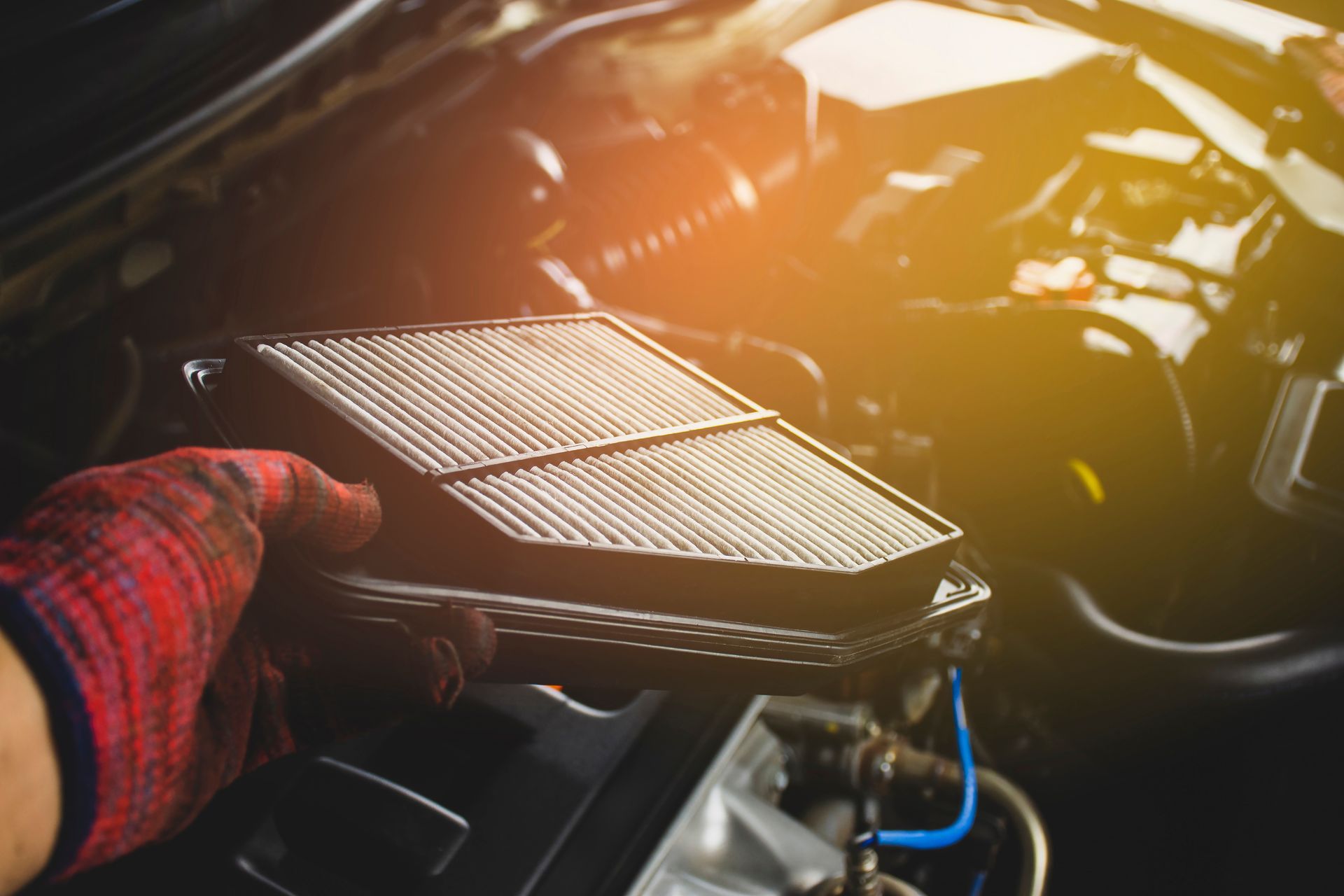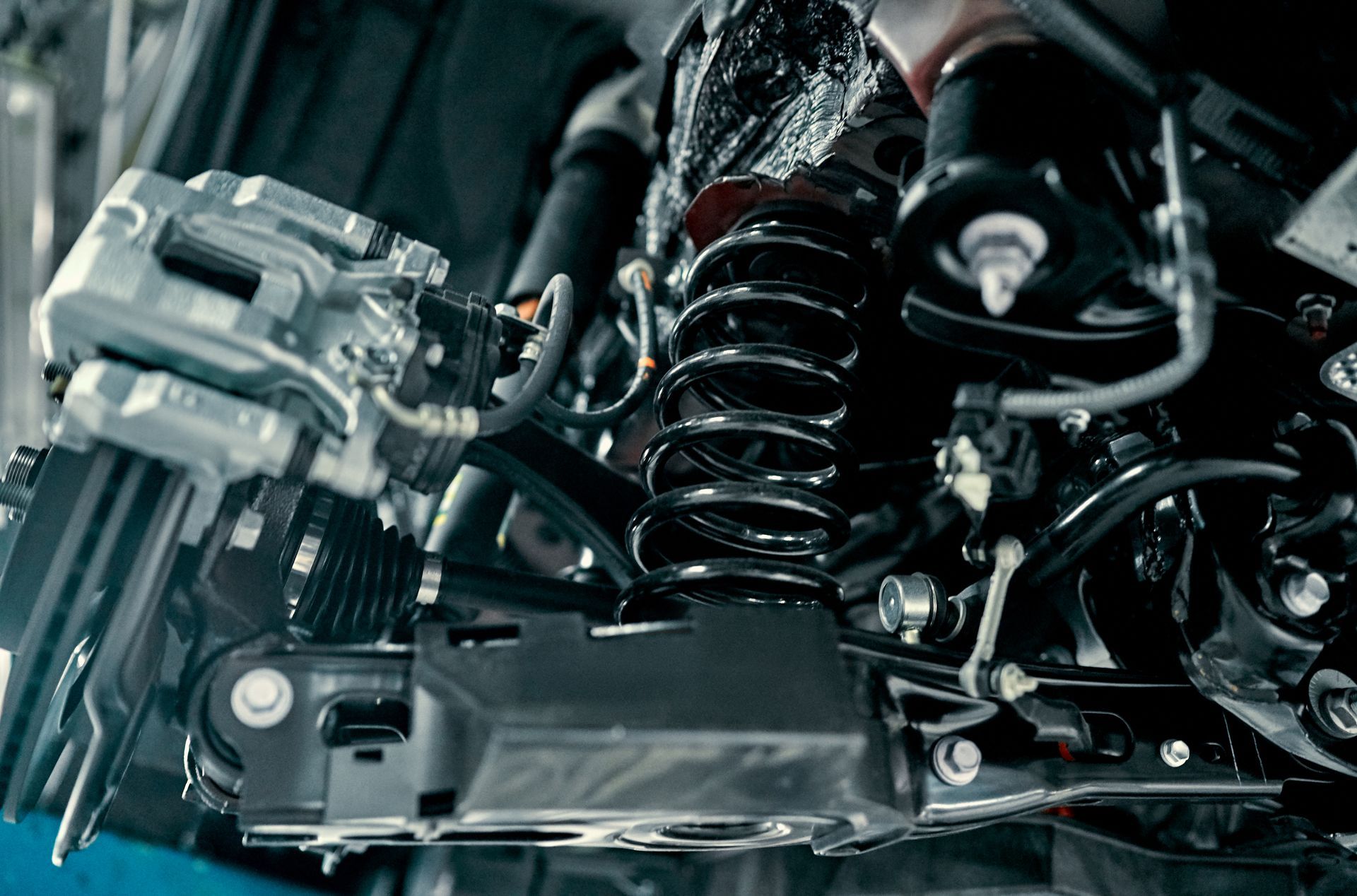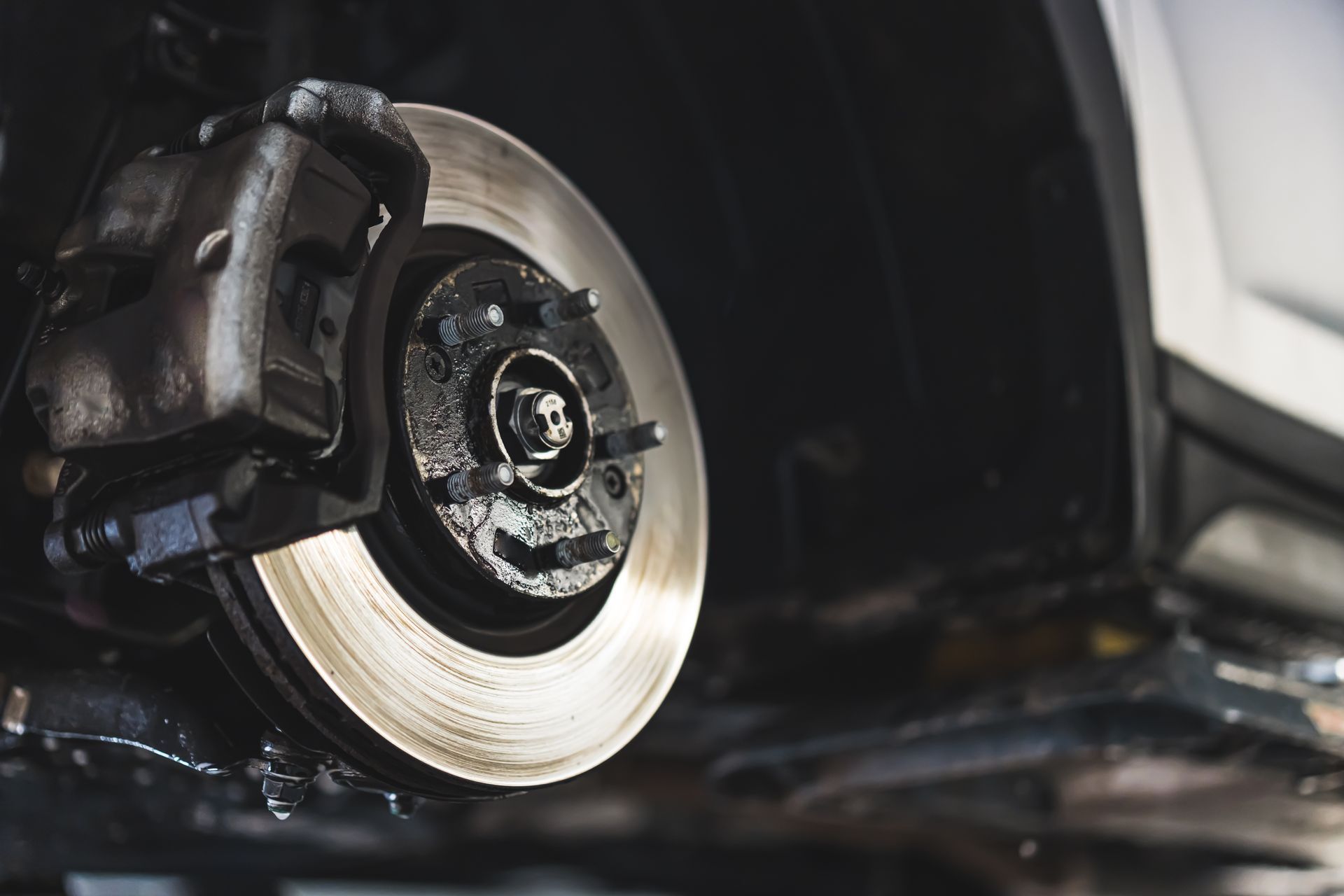How Often Should I Change My Oil?
Oils and lubricants are essential components of a car engine. They keep your engine running smoothly and make driving a better experience. Additionally, you must maintain your brake system. This will help you stay safe on the road.
One of the biggest questions car owners have is, “How often should I get oil changes?” In this article, we’ll outline some of the leading indicators of your engine’s oil condition. Without further ado, let’s get into it!
Why should engine oil be changed?
Engine oils do not last the entire lifetime of your car. They wear out, and their depletion depends upon a lot of factors. If they dry out, the engine might not work correctly.
In a worst-case scenario, it might even cause brake failures. Therefore, you should keep a close eye on your engine oils and change them when needed. Below we have listed some of the circumstances that affect engine oil.
Keeping them in mind, you might be able to determine when and why you need to change your oils.
Engine oil consumption factors:
1. Quality of the oil
The quality of the oils is one of the main factors that affect its longevity. Low-quality oils might not have a smooth texture and therefore stick to the pipe walls.
This will cause clogs and wastage. Furthermore, this might also damage the engine as its lubricating power drops.
If you have injected low-quality oils into your engine, you might need to change the oils frequently. It is better to invest in high-quality oil than to have a recurring investment that might bring down your car’s longevity.
2. Age of your engine
If you have an old car, its engine will require repeated oil changes due to many reasons.
First of all, old engines are built based on inefficient technologies that inherently require more oil.
Secondly, the longer an engine runs, its internal parts erode and require more oil to keep things running smoothly. So, if you have an old engine, you need to change your oils more frequently.
It’s best to get your engine parts exchanged or get a new car to cut down on the oil consumption.
3. Driving habits
Even if you have a relatively new car, your driving habits might affect its oil consumption. For example, if you rough drive your car and hit the clutch breaks very often, you’ll need to change the brake oils and lubricants more often.
This is due to the heavy strain that falls on the engine from frequent acceleration and deceleration.
Therefore, changing your driving habit will bring about a massive change in the frequency of oil changes. Be light with the breaks and keep your speed within the economy range to extend the oil changing periods.
4. Driving conditions
This is another reason that affects the frequency of your oil changes. Driving conditions refer to the type of road you drive on, the climate you drive, the average load your car carries, and more.
Therefore, if you drive off-road, you need to change your oils frequently in a country like Dubai with heavy loads due to the strain. While this might seem like a problem, it is quite natural because of the harsh situations.
5. The viscosity of the oil
Viscosity is one of the factors that gets ignored by car owners. Viscosity is the thickness of your oil. If your engine oil is too thin, you’ll need frequent oil changes.
Therefore, try and grab engine oil that is slightly viscous to increase the oil changing periods.
Make sure that you don’t go overboard with the thickness of your oil, though. If your oils are too thick, it will put more strain on your engine.
6. Carbon deposits in your engine
Oils get burnt inside your engine due to heat and friction. Over time, the oil turns into carbon and sticks to combustion chambers and other pipes’ inner walls.
These deposits decrease the available space within the engine and limit its oil intake capability.
If your engine has high carbon deposits, it will increase the frequency of oil changes. It will decrease your engine’s efficiency as well, therefore get it addressed as soon as possible.
7. Leakage
A leak within an engine is one of the main factors of oil depletion, as reported by many car owners. A leak within the oil chambers or pipes causes the oil to seep out slowly.
It might go unnoticed for a while and therefore takes time to trace. Once traced, it can be fixed quickly, thereby bringing down your oil changing times to normal.
Where should you get your oil changed?
All engines have a definite oil changing interval that the manufacturers suggest. Usually, if you drive your car in optimal conditions and follow auto service guidelines, you can change oils in the recommended intervals.
But optimal conditions are rarely found in real life. It would be best if you determine your exact oil changing periods after considering the factors mentioned above.
If you’re unsure about the condition of your engine, then visit Crown City Tire Auto Care. We are one of the oldest automotive repairing centers in Pasadena, California. Therefore, if you stay here, we could be your go-to repair guys.
We specialize in auto service, auto repair, and more. We provide the following services:
- Oils
- Breaks
- Suspension
- Engine
- Maintenance and more!
We will thoroughly check your car inside and out before giving you tailored estimates when you need to change your engine oils.
Bring your car to us and get it serviced to bring up its performance and efficiency. We promise you a premium experience while your car is serviced at us!
Therefore don’t hesitate and bring your car to our Pasadena auto repair shop at your next servicing date.








